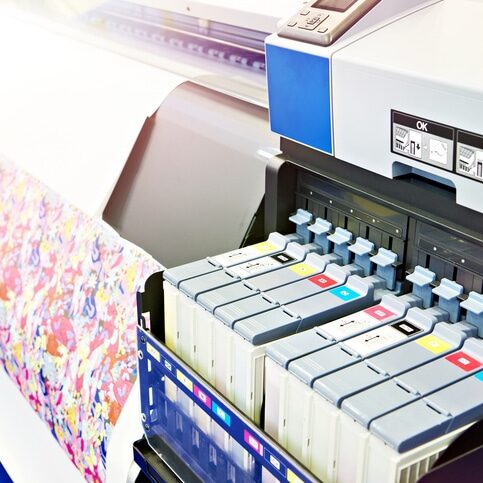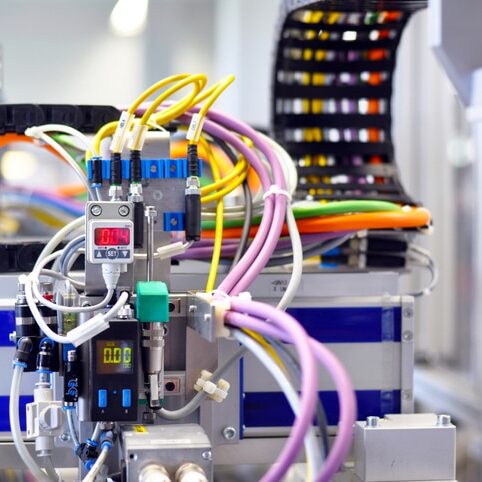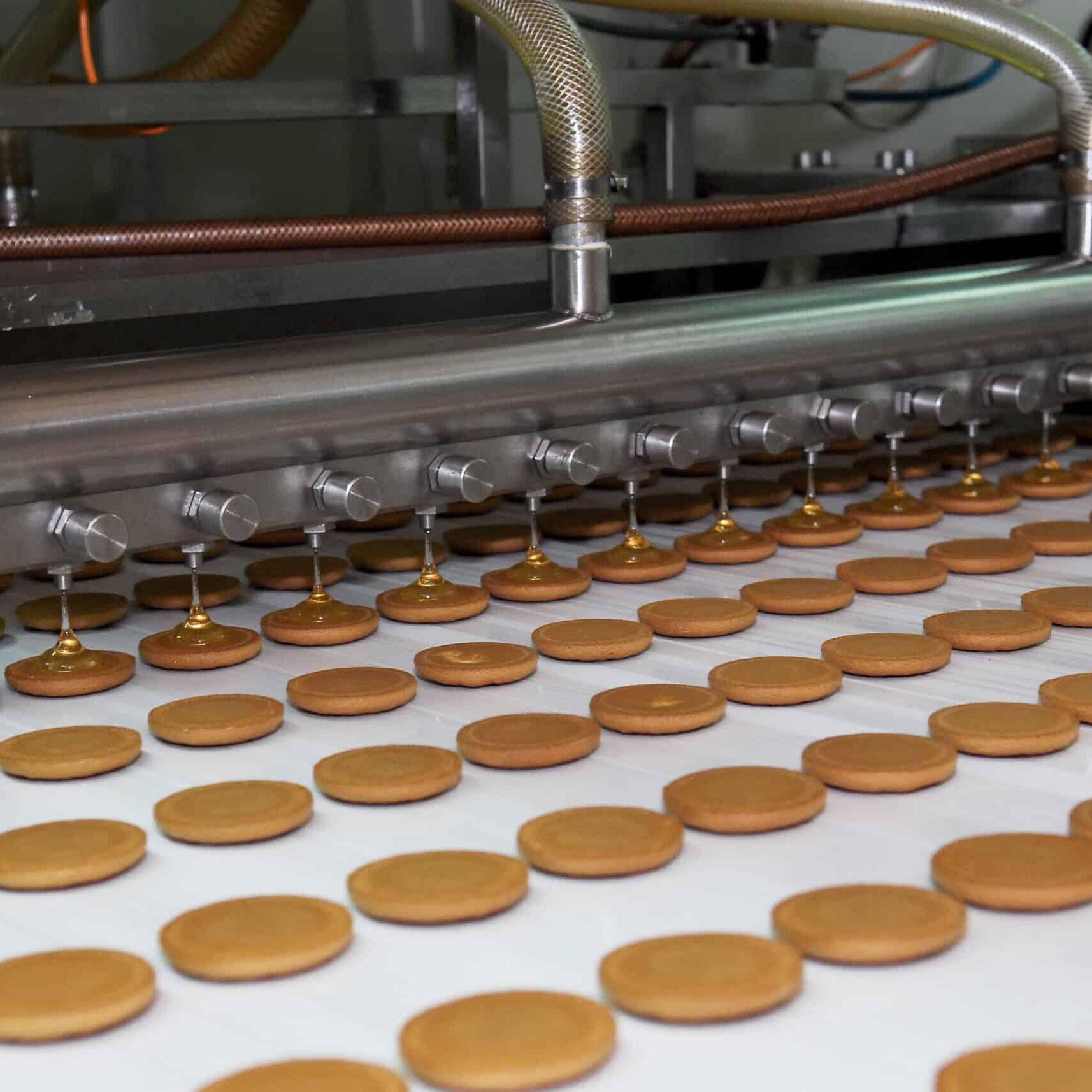Your Alternative Business Sale
You have built more than just a business; you have created a legacy. As you consider stepping back, you may seek a succession route that ensures the preservation of independence and culture, while recognising the people who helped make it happen.
An Employee Ownership Trust (EOT) offers an alternative exit strategy. It delivers meaningful financial reward at full commercial value at just 12% Capital Gains Tax, allowing you to realise the reward for years of hard work. The sale is fast and vendor-led, with no 3rd parties involved.
Avondale have a significant track record of advising on all the technicalities, successfully completing nearly 30 EOT transactions. What’s more, As an employee-owned business ourselves, we bring firsthand experience and practical insight. Our focus is on your lasting success, while we manage all the technicalities and complexities involved.
“We would like to express our gratitude to Avondale for all their help and the successful completion of the project.
Our experience working with them was exceptional, and we highly recommend their expertise and professionalism.“
David Tomlin, Primacare Group
Our Approach to Employee Ownership Trusts
Why Employee Ownership Might Appeal to You
Selling your business to your employees might appeal to you for a number of reasons, such as:
- The advantageous rate of Capital Gains Tax on qualifying EOT sales
- Your culture and values remain intact
- Your team is recognised and rewarded
- The transition is flexible, allowing you to stay involved post-sale and step back gradually, on your terms
- Business continuity, maintaining stable leadership and relationships through the change
Every business is unique, and so is every EOT. We tailor the transaction around what matters most to you, balancing fair value with long-term sustainability. We help you structure and empower the right leadership team, and create oversight to secure the future of your business.
We Manage Every Aspect for You
Employee Ownership is complex, as flexibility brings options and there are multiple stakeholders to coordinate. At Avondale, we manage every aspect for you:
- Feasibility review and financial structure
- Succession planning and governance framework
- Independent valuation and HMRC clearance
- Leading professional trustees (Please see: EOT Trustees)
- Legal documentation
But we do not stop there. Avondale also offers full EOT strategic implementation support, including staff communication and change management.
Start Your Employee Ownership Trust Transition
We became employee-owned because we believe in the benefits and know how to make it work well. That experience shapes our advice: clear, empathetic, and focused on your long-term success, while we manage all the technicalities and complexities involved.
Could employee ownership be right for your business? Let’s talk confidentially about your situation – starting with what matters most to you and your employees.
“The Avondale team provided highly professional and great support throughout the complex EOT transaction process.
We strongly recommend them for their expertise and professionalism in this field.“
James Wood, Mayflower Group











